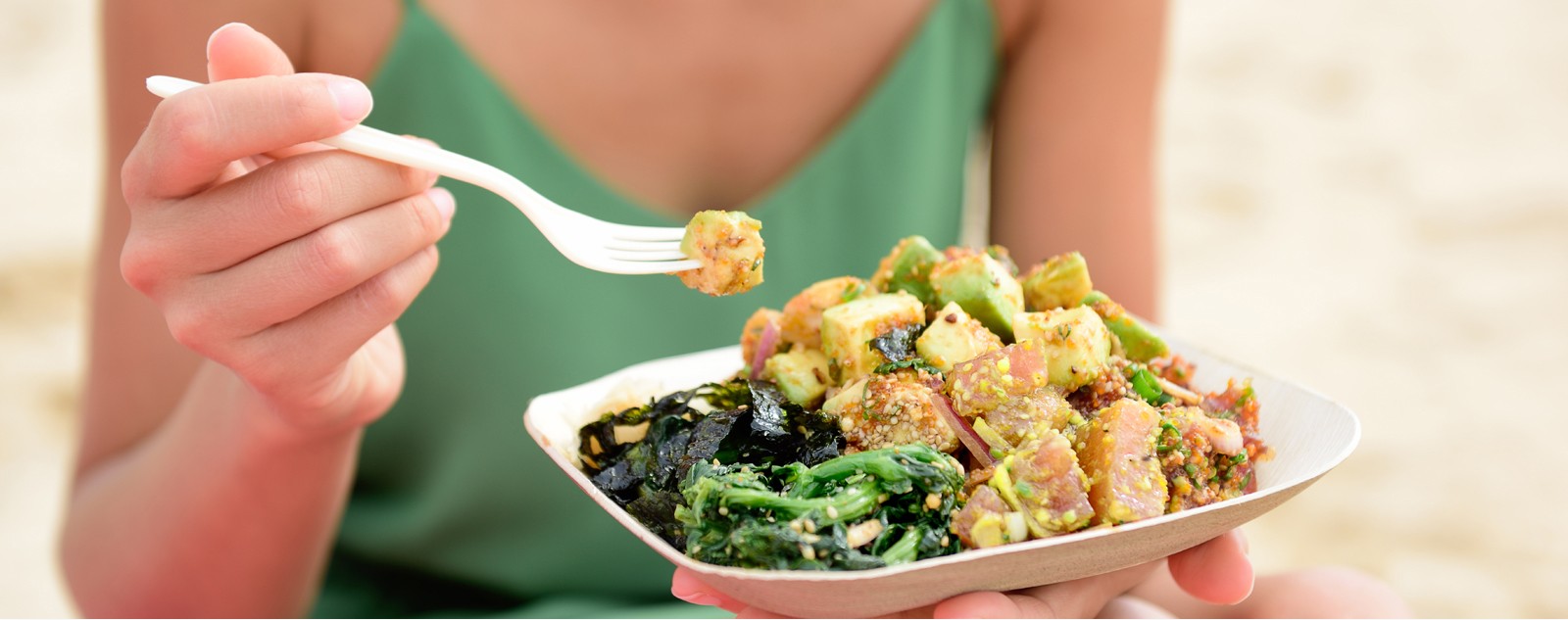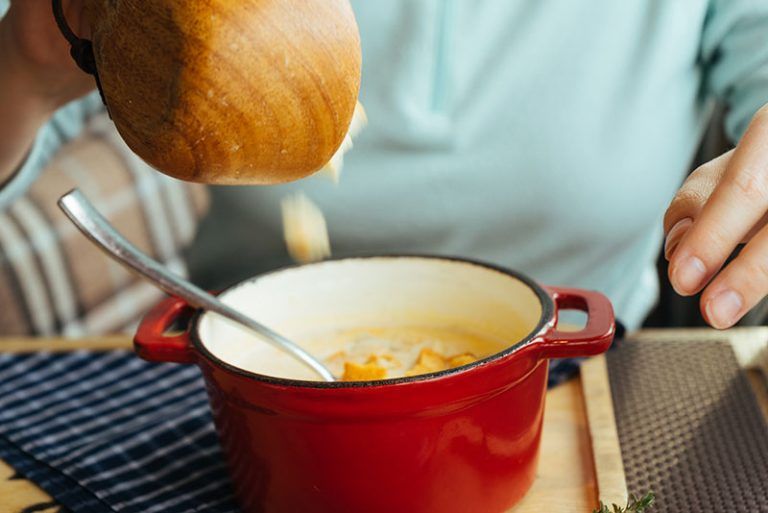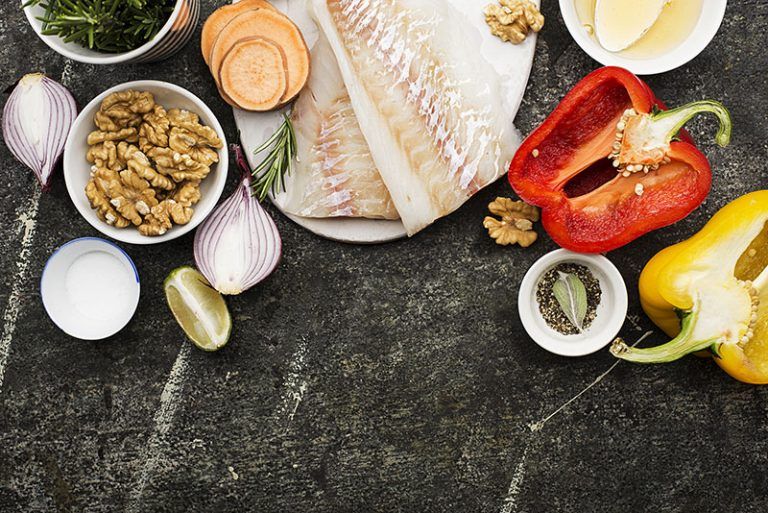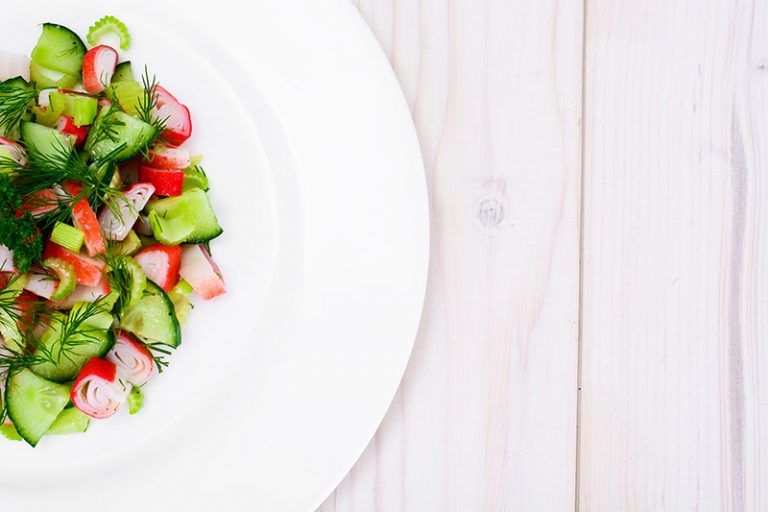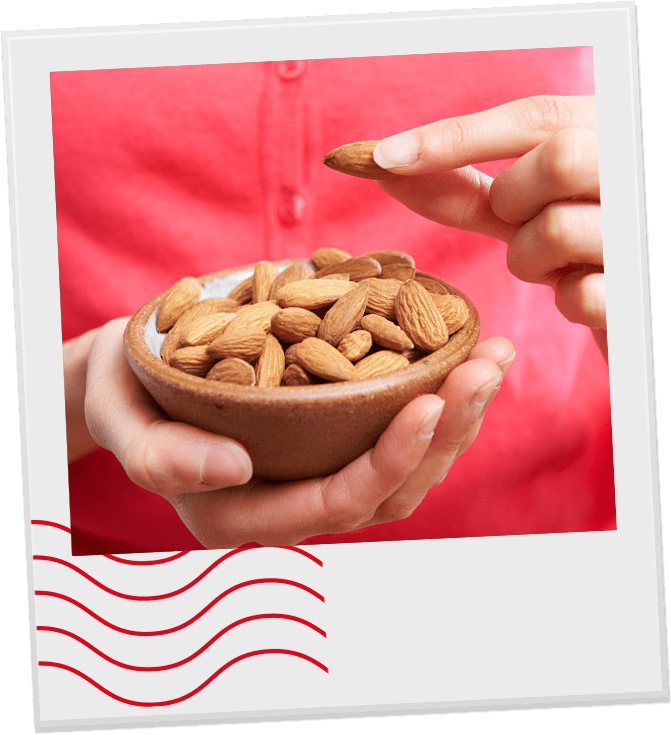
Our body needs fat for particular functions, such as the absorption of vitamins and minerals, the maintenance of cells and the protection of organs
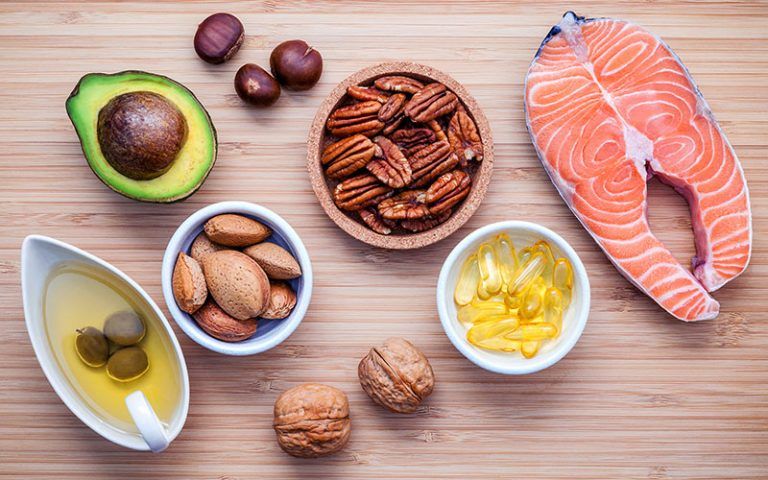
However, the type of fats we consume affects our health.
In 2015, FESNAD (Spanish Federation of Nutrition, Food and Dietetics Associations) published the report “Consensus on fats and oils”, which underlines the significance of fats in our diet and their positive impact on our health.
In summary, it clearly states that the type of fats consumed is more important than the amount of fat as such. Thus, it is recommended for fats to correspond to 20-35% of our diet in terms of calories, keeping the consumption of saturated fats under control.
Therefore, diets rich in fats – like that of Eskimos, which is rich in polyunsaturated marine-derived Omega-3 fatty acids or like the Mediterranean one, which is rich in monounsaturated fats mainly thanks to olive oil and nuts – prove to be beneficial for our health.
However, research realized by the Spanish Nutrition Foundation (ANIBES study, 2015) showed that the type of fat consumed by Spanish people is not well balanced, as they consume: 16.8% monounsaturated, 11.7% saturated and 6.6% polyunsaturated fats (with the ratio of Omega-6 to Omega-3 fatty acids being 9:1).
By taking into consideration the optimum nutritional goals set (20% monounsaturated, 7-8% saturated and 5% polyunsaturated fats, with the ratio of Omega-6 to Omega-3 fatty acids at 2:1), we could achieve a better balance in our diet. To this end, it is advisable to give priority to food containing healthy fats.
Tips
For a healthy diet, the World Health Organization (WHO) recommends the consumption of unsaturated fats, found in foods such as fish oil, avocado, walnuts and olive oil.
BOOST YOUR GOOD FAT INTAKE WITH THESE SIMPLE TRICKS:
- Prefer cooking on the hob, on steam, in the oven or on a griddle plate. If you fry frequently, take a look at our tips to do it properly https://www.pescanova.es/nutricion/trucos-para-freir-correctamente-los-alimentos/
- Products of the sea, such as white-meat fish, dark-meat fish and cephalopods, provide unsaturated fats (EPA and DHA Omega-3 fatty acids), as well as the liposoluble vitamins A, D and E. EPA and DHA Omega-3 fatty acids are of great importance for our cardiovascular health. You can find out more at https://www.pescanova.es/nutricion/alimentacion-y-salud-cardiovascular
- Reduce the consumption of processed food which contains trans fatty acids and saturated fats.
- When it comes to meat, go for chicken, turkey, rabbit and, in general, lean meat (with a lower content in saturated fat). It is also recommended to remove fat from meat, when possible.
- The consumption of vegetables and nuts helps us get the necessary fatty acids that our organism cannot produce and needs to take from particular foods. For humans, the essential fatty acids are linoleic acid (Omega-6) and linolenic acid (Omega-3) found, for instance, in soybean oil, kale, spinach, nuts and pine kernel.
- The ratio of Omega-6 to Omega-3 should be 1:1 at most, which nowadays is not feasible due to the increased consumption of refined oils (high concentration of Omega-6). Therefore, it is advisable to increase the consumption of products originating from the sea, high in Omega-3 fatty acids, along with the consumption of nuts.
- In order to avoid high blood cholesterol levels, it is necessary to minimize the cholesterol intake through nutrition and control the consumption of saturated fats and trans fatty acids. Foods that raise cholesterol the most are butter and oils, such as coconut oil and palm oil.
- Several types of fish and seafood constitute a rich source of polyunsaturated Omega-3 fatty acids, such as EPA and DHA, which contribute significantly to the normal function of the heart.
At Pescanova, you will find a great variety of products rich in Omega-3 fatty acids, such as hake, squid and crab-flavoured surimi, ideal for salads.

FRESHNESS HAS A TASTE. WILL YOU TRY?
Tasty, healthy dishes that keep the freshness of the sea intact

OVEN-BAKED FISH STICKS WITH HOMEMADE POTATO CHIPS AND MAYONNAISE WITH CHIVE AND MUSTARD 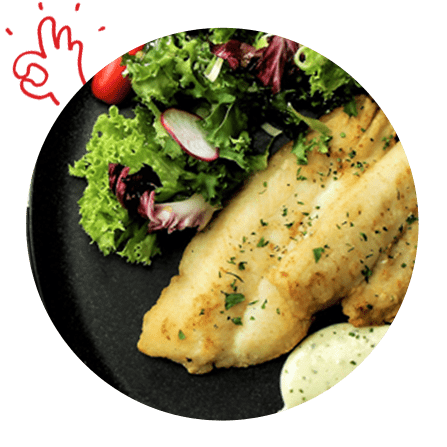
HAKE WITH GARLIC MAYO, LIME AND CHIVE 
OVEN-BAKED BABY HAKES WITH FINOCCHIO AND OLIVE OIL & LEMON SAUCE WITH GINGER, LEMONGRASS AND OREGANO
